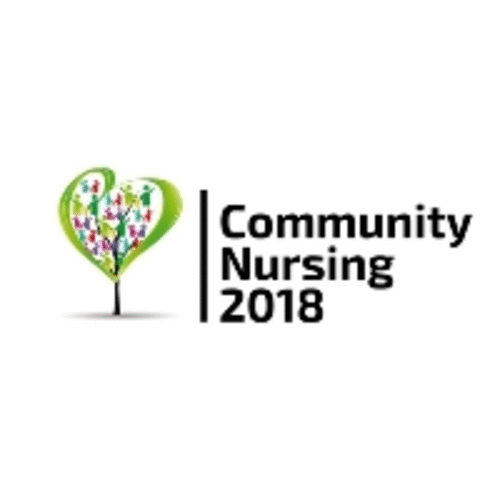
Marta Assuncao
Multiperfil Polytechnic University, Angola
Title: Population Aging in sub-Saharan Africa
Biography
Biography: Marta Assuncao
Abstract
State of the problem: In developing countries, the percentage of elderly population increases at a very fast rate, causing them to have little time to react to the phenomenon of aging and to implement political, social and economic strategies in this area. By 2050, the world's population aged 60 or over, is expected to total 2 billion, with a trend towards the increase in the number of people over the age of 801, there being a need to provide answers to these people. The purpose of this study was to know the social and health responses to the elderly in sub-Saharan Africa.
Methodology & Theoretical: Integrative literature review in scientific databases such as CINAHL, EBSCO, MEDLINE/PubMed, Cochrane.
Findings: In sub-Saharan Africa, there is a lack of skilled, specialized health care for the elderly, which is attributed to the shortage of doctors and other health professionals. There is a low supply of facilities for the elderly, such as homes, day centers and rehabilitation centers and most of the existing ones are basic and use rudimentary equipment. There are, however, models of care for the elderly, namely in Ghana, Kenya, South Africa and Tanzania and in Mauritius, Seychelles and South Africa, long-term care is in place. The costs of this type of care in the context under analysis are diverse, from free to expensive, varying with the country. Concerning the perception of the elderly, this has been changing and recently, negative attitudes have appeared, namely stigmatization (especially of women).
Conclusion & Significance: The provision of social and health care for the elderly is rudimentary, in large sub-Saharan Africa, and it is necessary to intervene in this area to ensure adequate economic, political and social intervention.

